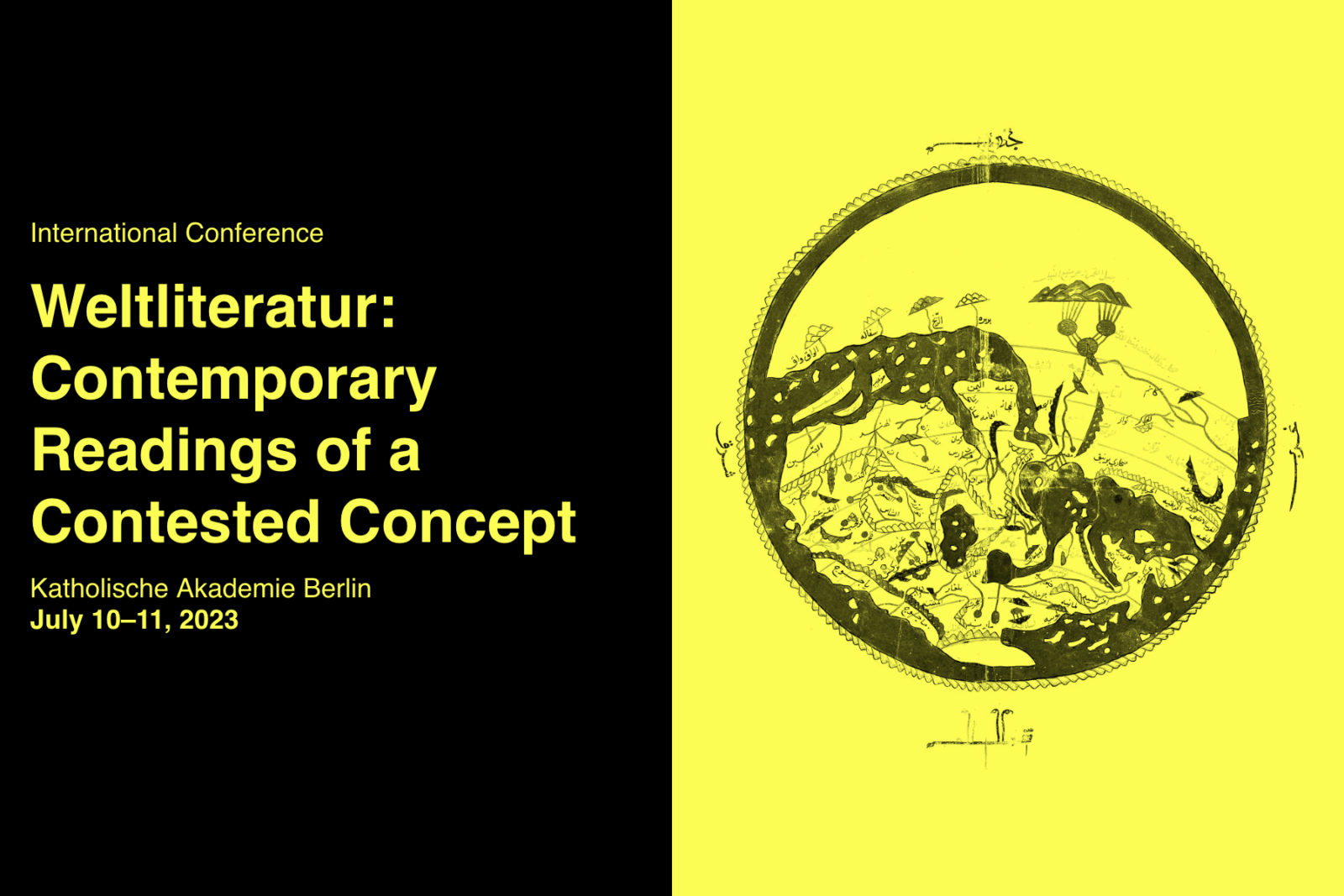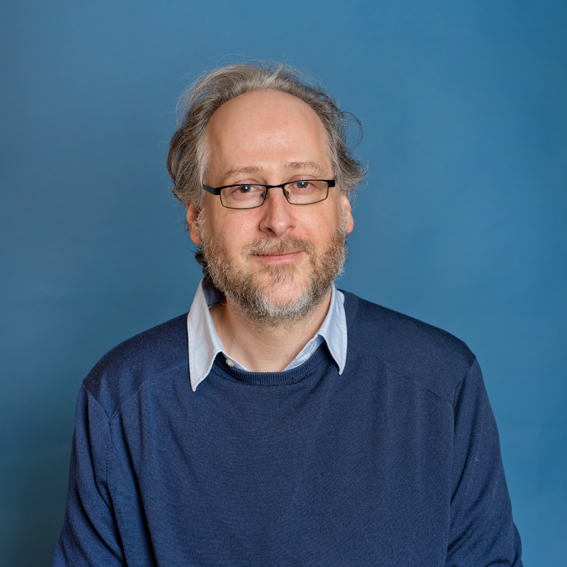
Weltliteratur – Contemporary Readings of a Contested Concept

The Berlin Center for Intellectual Diaspora in Kooperation mit der University of Lille/CECILLE (France) and the Bucerius Institute for Research of Contemporary German History, University of Haifa (Israel)
Kader Konuk (University of Duissberg), Lena Salaymeh (École Pratique des Hautes Études, Paris), Orr Scharf (University of Haifa), Amir Engel (Hebrew University of Jerusalem), Chiara Caradonna (Hebrew University of Jerusalem), Caroline Sauter (University of Frankfurt), Nassima Sarhaouie (Independent scholar), James Redfield (University of St. Louis), Nir Ratzkovsky (University of Haifa), Adi Mahalel (University of Maryland), Pablo Valdivia (Viadrina Frankfurt/Oder/Paris 1 Panthéon Sorbonne), Divya Dwivedi (IIT, Delhi), Rebekah Vince (Queen Mary University), Zahiye Kundus (Forum Transregionales Studien Berlin), Ufuk Topkara (Humboldt Universität Berlin)
Since Goethe’s reflections on the encounters between different literary traditions, Weltliteratur has been used in a variety of contexts and for a wide range of purposes: from fulfillment of the Enlightenment ideal of universal affinity and a free flow of ideas across political, linguistic and cultural borders, to an embodiment of the oppressive ascendancy of a hegemonial, euro-centric West that appropriates, expropriates and disenfranchises underprivileged cultures, languages and religious traditions. The conference aims to explore latent, dormant and unrealized possibilities within the notion of World Literature. The conference will focus on the confluence between the notion of Weltliteratur and world religions, broadly construed. The simultaneous progression along three tracks — literary critique, religious studies and theoretical reflection — is expected to yield new insights on the potential of World Literature as a paradigm of cross-cultural encounters and a site for renegotiating power relations between and within theoretical discourses.


